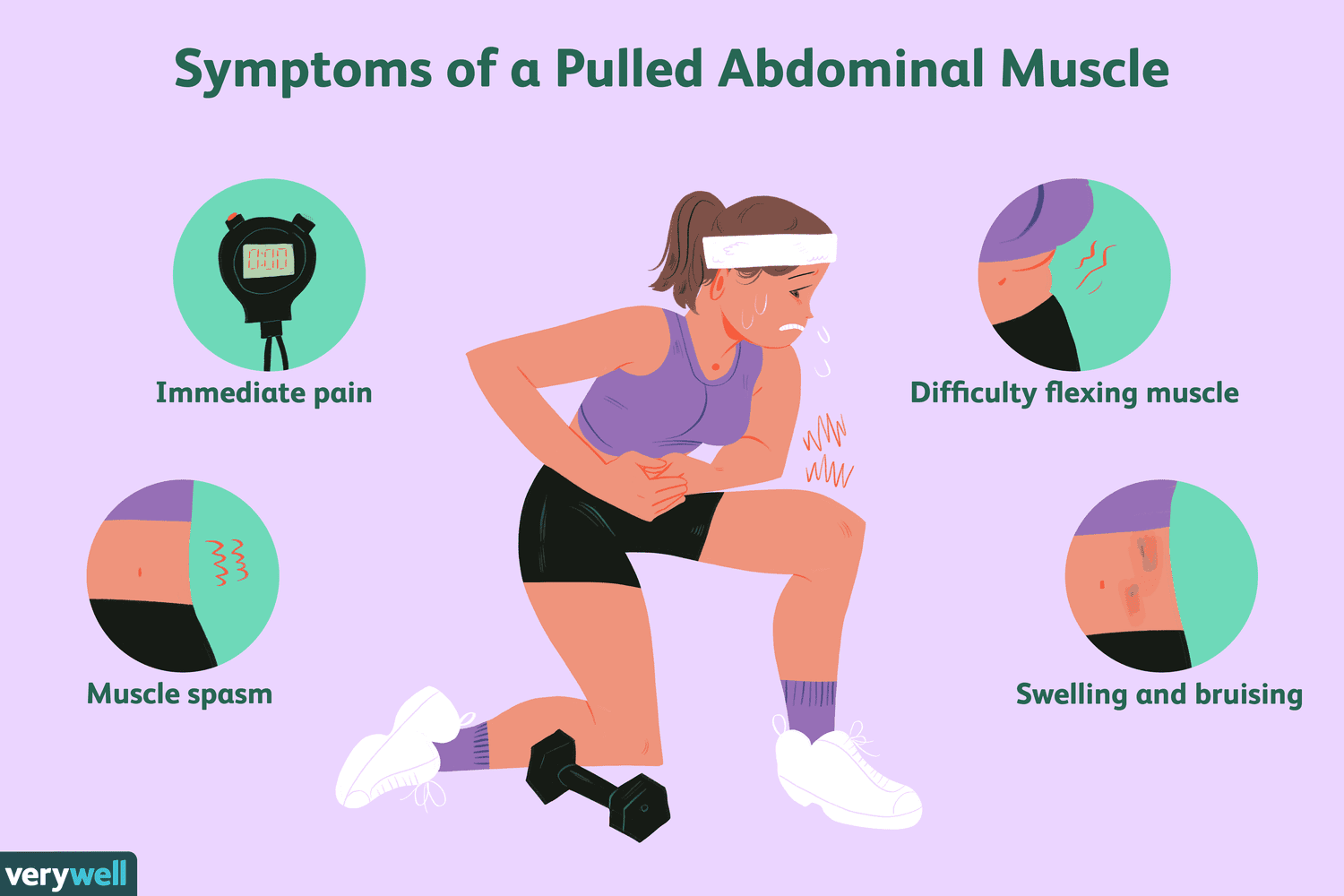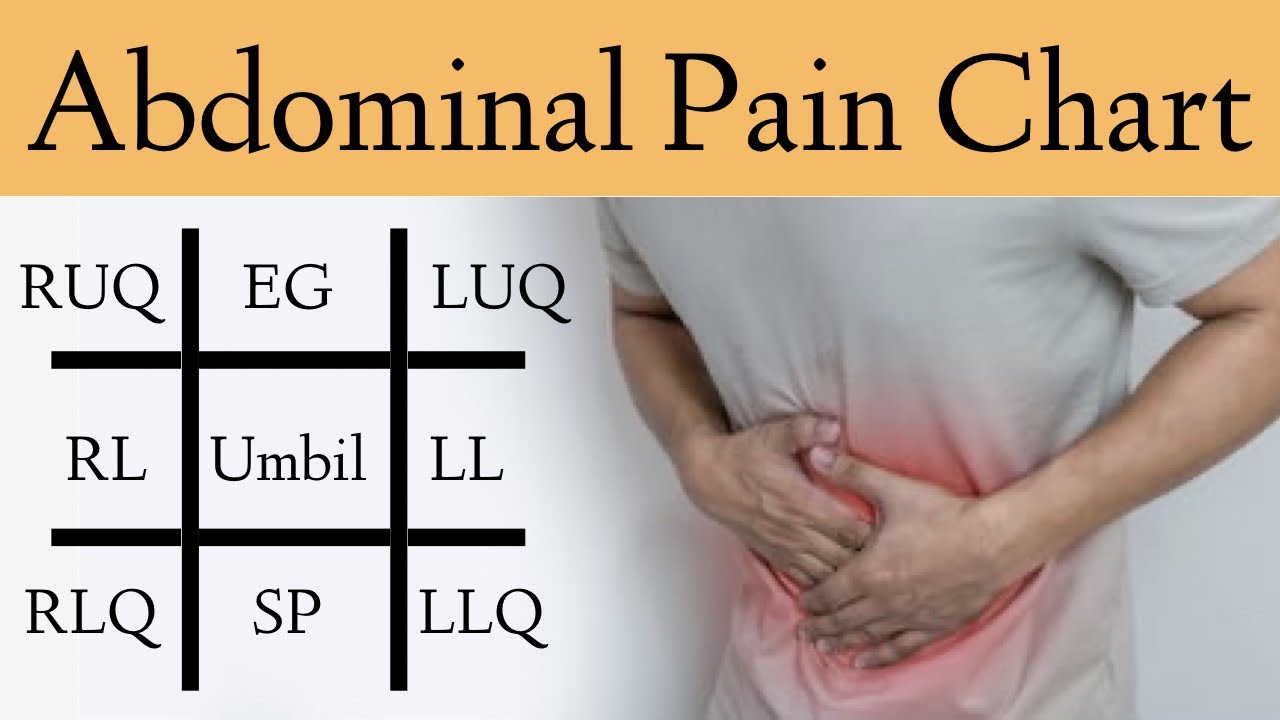
Lower abdominal pain symptoms can be very serious. If you experience persistent or continuous lower abdomen pain, you should see a doctor for a diagnosis. It is always better to get treatment early, as minor cases can quickly grow into more severe conditions. Many times, abdominal pain starts out mild, but can worsen with coughing or movement. Once it becomes chronic, the only option for relief is surgery. Often, a doctor will prescribe over-the-counter drugs or prescribe a prescription medication.
Symptoms of lower abdominal pain can range from dull, sharp, and achy to severe and may be a sign of an underlying medical problem. Common causes of lower abdominal pain include stomach and intestinal infections, intestinal disorders, and menstruation. Some people have a combination of symptoms. It is best to seek medical attention if you are experiencing any or all of the following. If you have experienced lower abdominal pain, you may be suffering from a medical condition.
Low abdominal pain can be acute or chronic and can signal a more serious problem. It can be short -lived or repeated. In some cases, the pain may indicate the underlying disease. In these cases, you must visit a doctor in order to get a proper diagnosis. However, if you have experienced these symptoms of abdominal pain for more than a few weeks, you should consult a doctor. The doctor is likely to conduct physical exams and diagnostic tests to order to confirm the diagnosis.
Abdominal pain may be a sign of health problem. The most common causes of pain in the lower abdomen include appendicitis and diverticulum. Although these symptoms, as a rule, are a sign of acute health problems, they can also signal a more serious problem. As a result, it is important to refer to immediate medical care if you experience this condition. For chronic or acute abdominal pain, it is important to consult a doctor for the correct diagnosis.

If your lower abdominal pain symptoms are accompanied by other symptoms, it's important to see a doctor. Blood in the stool, high fever, or lightheadedness are all signs that a serious health problem is present. Fortunately, most of these conditions can be treated with simple remedies, and you should be able to resume your normal activities in a matter of days. If you're experiencing these symptoms, your doctor will be able to diagnose the cause and offer the appropriate treatment.
Although many of these causes of lower abdominal pain are minor and treatable, you should see a doctor as soon as possible. The pain can be acute or chronic. Symptoms will depend on the exact cause. You may feel some abdominal discomfort while eating, or it can be a symptom of an underlying health problem. You may feel discomfort while passing stools or you may feel bloated. In any case, it's vital to seek medical attention.
Lower abdominal pain symptoms may be due to a variety of causes. Some of these are due to an appendix inflammation, which begins in the belly button and moves to the lower right. You may also have diverticula, which are pouches in the colon. Lastly, you might be suffering from an infection in the urinary tract, which can cause pain in the lower abdomen. If you're suffering from an abscess, it's important to see a doctor right away.
If your pain is localized, it could be a sign of a more serious ailment. Symptoms of appendicitis include acute, recurring, and chronic lower abdominal pain. Some of these symptoms can occur as a result of a variety of causes. For instance, kidney stones, urinary tract infections, or stomach viruses can cause a severe bout of stomach pain. If you experience pain in your lower abdomen, consult a doctor right away.
While most cases of lower abdominal pain are related to the digestive tract, it can also occur in the pelvis. The pelvis contains the uterus and the prostate gland, which can cause severe pain in the lower abdomen. When this occurs, you should seek medical attention immediately. A doctor may be able to identify the cause of the pain. Further testing may reveal other potential problems, including gastrointestinal bleeding. If you experience any of these symptoms, visit a doctor to get a proper diagnosis.